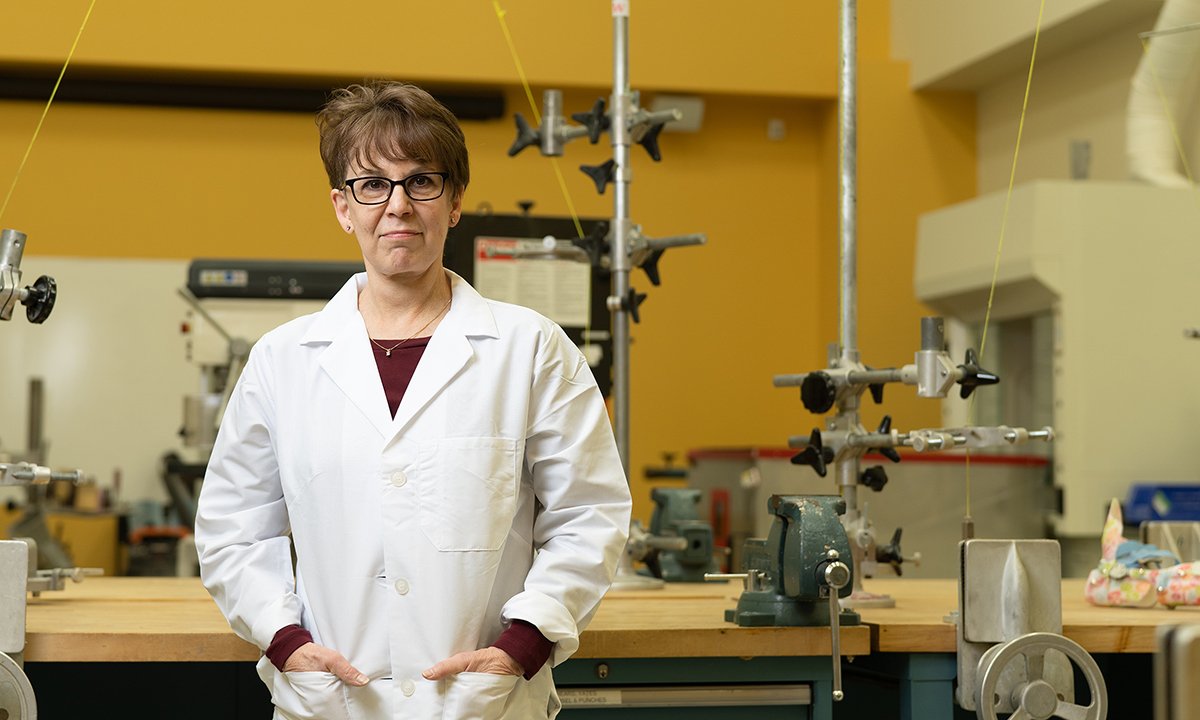Improving Social Wellness
Students learn about the intersection of life and health with an interdisciplinary approach
Throughout the last decade, Oakland University’s Department of Interdisciplinary Health Sciences (IDH) has become not only a key department in preparing students for an array of health careers, it has also become a critical partner in empowering Southeast Michigan individuals and families with the tools and resources to live healthier, more fulfilling lives. Chaired by Dr. Jennifer Lucarelli, IDH’s goal is to provide future health-related professionals with experience in the complexities of healthy living.
“Doctors can tell people to eat more fruits and vegetables,” Lucarelli says. “But until we recognize the barriers, we won’t achieve health improvements for everyone. It’s really about understanding the various outside influences on someone’s health.”
To address this, the department recently added a community engagement minor to its program offerings. Through experiential learning, some of the department’s undergraduate students focus their efforts to improve the health of children by developing health programs in urban city schools. Other projects include holistic community outreach efforts aimed at improving the health of city residents by encouraging physical activity and increasing access to healthy food options.
In the “Take Back the Sidewalk” program collaborating with the Healthy Pontiac, We Can! Coalition, students and faculty join community partners in walking the city’s streets to find neighborhoods with the greatest need for new sidewalks, bike lanes and crosswalks. This campaign is in its fourth year and has led to a safer and more enjoyable environment for Pontiac residents.
Faculty members are leading educational and research efforts to help improve the quality of life in persons with disability and their access to health care. Where disability is considered a form of diversity, the IDH department is committed to building a more diverse and inclusive community.
The IDH department is still growing and will, in the near future, add a nutrition major. “Everyone eats every day, and it’s tied to so many health conditions that we can truly make an impact in reducing chronic health issues through education,” Lucarelli says.
According to the Bureau of Labor Statistics, employment of nutritionists is expected to grow 15 percent between 2016 and 2026. Likewise, in recent years, the university has seen 500 to 600 students enroll in the introductory nutrition course.
Much like the department’s other majors, the nutrition major will incorporate other disciplines into the studies including management, psychology and communications. Lucarelli notes that interdisciplinary learning is key because it will provide students the tools to educate the community on healthy living.

 February 19, 2020
February 19, 2020
 By Robert Guttersohn
By Robert Guttersohn



